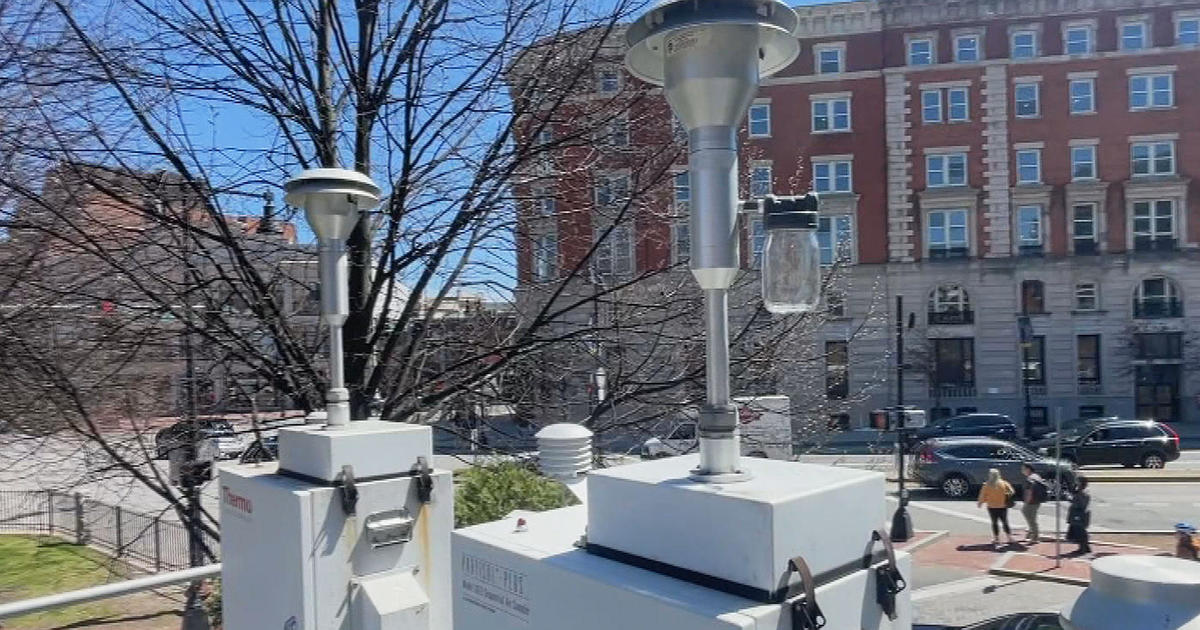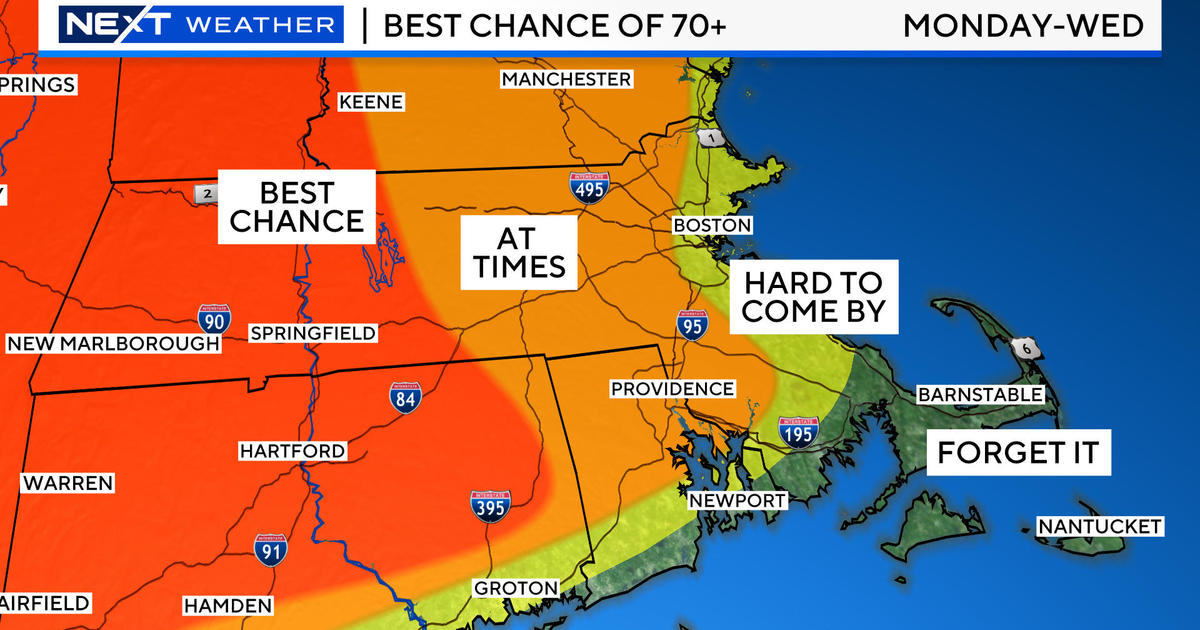National Grid says electric bills will rise more than 60% this winter
BOSTON - Many Massachusetts residents are about to feel the pain of pricey electricity bills, the result of a global hike in the price of natural gas.
On Wednesday, National Grid announced a 64% increase in electricity rates starting on November 1 and for the following 6 months. That means the average monthly bill will rise from $179 to $293.
With approval from the state's Department of Public Utilities, the price of home heating and natural gas could rise as well.
National Grid is proposing to raise the price of natural gas between 22% and 24%. Eversource is similarly proposing to raise the price of natural gas by 38%.
Christine Milligan, a spokesperson for National Grid, said the company is simply passing on the increased cost of natural gas with no mark up.
"National Grid purchases from the wholesale market on behalf of our customers and we pass and we pass those costs on to our customers at no markup from National Grid," she said.
The reason for the hikes: a large increase in natural gas prices driven by the war in Ukraine.
"Wholesale natural gas prices have increased dramatically over the past couple years, and we can really point to the war in Ukraine and the energy crisis that's happening in Europe for the root cause of this," said Christopher Knittel, an economics professor at the MIT Sloan School of Management.
With Russia withholding its natural gas resources from Europe, natural gas prices there are sky high. Knittel says natural gas producers in the U.S. are sending it overseas. Utilities like National Grid are only buying it on our behalf.
To help customers, National Grid has launched what it calls a "winter customer savings initiative," highlighting ways to customers can conserve energy, defer costs, and apply for financial assistance.
The Department of Energy says people can save 10% on their bills by turning the thermostat to 68 degrees during the day and 60 degrees at night or when you're not home.
Also, stop any leaks in your home -- especially around windows and doors.




